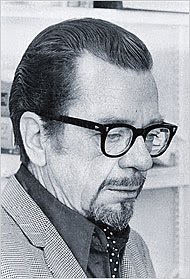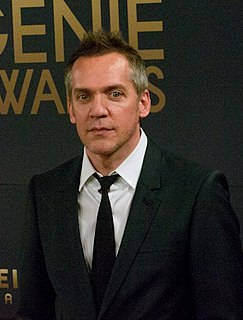A Quote by F. Scott Fitzgerald
Even when everything seems rotten you can't trust that judgment. It's the sum of all your judgments that counts.
Related Quotes
A prejudice may be an unreasoned judgment, he [Hibben] pointed out, but an unreasoned judgment is not necessarily an illogical judgment. ... First, there are those judgments whose verification has simply dropped out of memory. ... The second type of unreasoned judgments we hold is the opinions we adopt from others ... The third class of judgments in Professor Hibben's list comprises those which have subconscious origin. The material that furnishes their support does not reach the focal point of consciousness, but psychology insists upon its existence.
It seems to me that the moralist is the most useless and contemptible of creatures. He is useless in that he would expend his energies upon making judgments rather than upon gaining knowledge, for the reason that judgment is easy and knowledge is difficult. He is contemptible in that his judgments reflect a vision of himself which in his ignorance and pride he would impose upon the world. I implore you, do not become a moralist; you will destroy your art and your mind.
You must make a daily effort to look upon others without condemnation. Every judgment takes you away from your goal of peace. Your ego loves your judgments, because with them you remain in a constant state of anguish and remorse. Keep in mind that you do not define anyone with your judgment; you only define yourself as someone who needs to be judged.
Any judgment is past oriented, and existence is always herenow, life is always herenow. All judgments are coming from your past experiences, your education, your religion, your parents - which may be dead, but their judgments are being carried by your mind and they will be given as a heritage to your children. Generation after generation, every disease is being transferred as a heritage. Only a non-judgmental mind has intelligence, because it is spontaneously responding to reality.
The classification of facts and the formation of absolute judgments upon the basis of this classification-judgments independent of the idiosyncrasies of the individual mind-essentially sum up the aim and method of modern science. The scientific man has above all things to strive at self-elimination in his judgments, to provide an argument which is as true for each individual mind as for his own.
One of the bigger mistakes of our time, I suppose, was preaching the demonization of all judgment without teaching how to judge righteously. We now live in an age where, apart from the inability to bear even good judgment when it so passes by, still everyone, inevitably, has a viral opinion (judgment) about everything and everyone, but little skill in good judgment as its verification or harness.







































